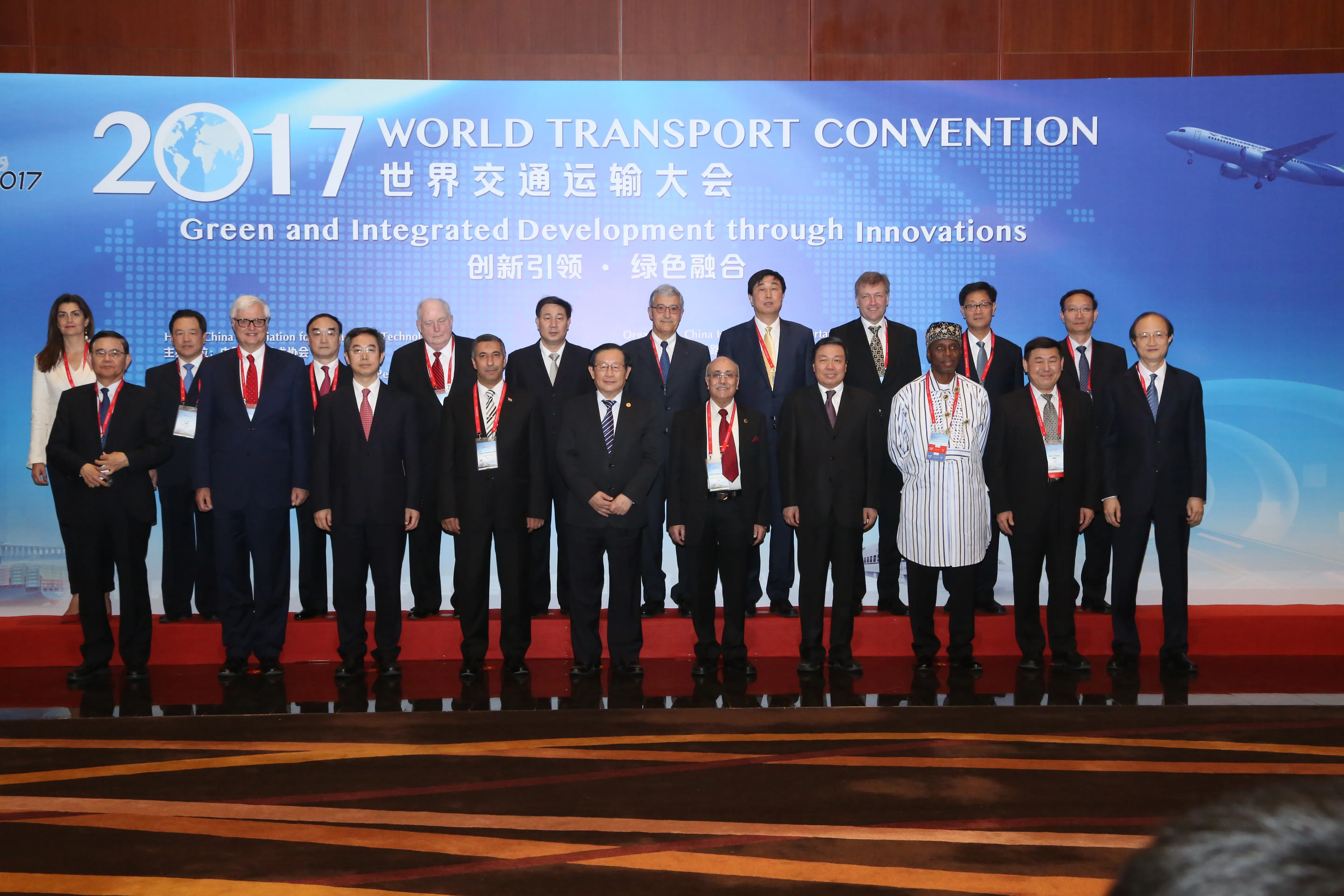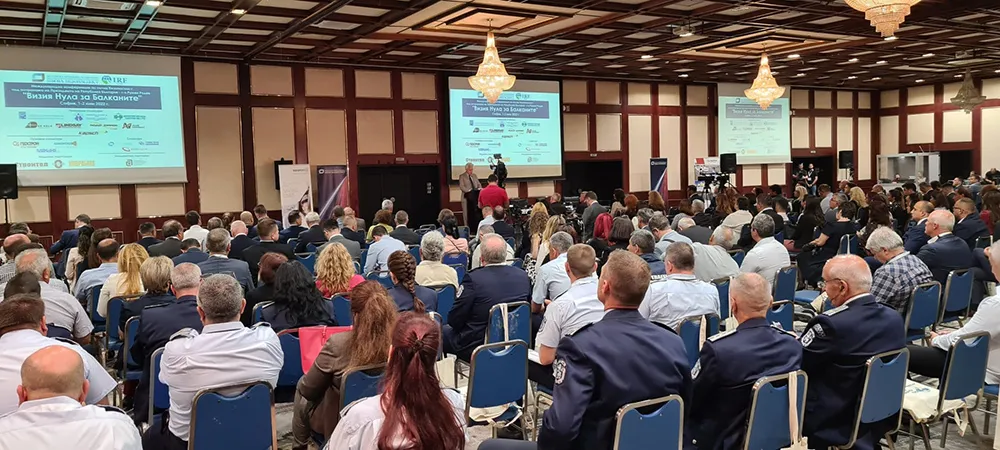
Cities such as Dubai have embraced the challenge by setting a target to reach 25% driverless trips by 2030 as part of an Autonomous Transportation Strategy adopted in 2016. The
“With Level 3 autonomy equipped in cars currently under production, there is good reason to believe that self-driving functions are not far off,” noted Dr Bill Sowell, chairman of the IRF ITS Committee. “Whilst various automakers have made predictions on the year they will begin mass-producing self-driving vehicles, these typically do not factor the speed of required regulations in such areas as vehicle licensing, driver/vehicle manufacturer liability, cyber security and data protection.”
New reports also point to the challenges presented by “unconstrained autonomous mobility” scenarios, where regulators do little to incorporate emerging mobility services in terms of infrastructure upgrades or policies. Under this scenario, the market share of point-to-point trips may actually increase congestion leading to travel times as much as 15% higher compared with the baseline scenario. Absent demand management and supply side strategies, such as repurposing current HOV lanes for autonomous vehicles, an absolute increase in vehicle miles travelled would exacerbate both urban and interurban congestion issues.
“How CAVs will read traffic signal and signs precisely remains a fundamental problem to solve” Dr Sowell confirmed. The US Federal Highways Administration (FHWA) recently completed a Request for Information on integrating automated vehicle needs into the highway system. The number one requirement set by the automotive industry is for greater uniformity and quality in road markings and traffic control devices. “Having greater consistency and improved state of good repair benefits all categories of road users.” Recognising this, several jurisdictions in the US and Europe are already proposing new performance standards for machine-readable road markings in consultation with automotive and technology suppliers.
IRF is currently reviewing these standards and their implications for the industry as a whole in preparation for a new White Paper “Connected & Autonomous Vehicles: Implications for Road Design & Management” expected to be released in June 2019.
IRF Global to host ITS RoundTable at R2T Conference
The national ITS associations of Italy, South Africa, Malaysia and the US will join IRF in Las Vegas on November 19th-22nd for panel discussions addressing the advantages of international cooperation in getting ITS on the political agenda. Discussions will also include the key political arguments for investing in ITS and how these can be, and have been, used elsewhere, with examples from national, state/regional and local levels.
The IRF Global R2T Conference & Exhibition is the new international meeting point where leading industry innovators, researchers, and stakeholders acquire essential engineering and business insights, and help build tomorrow’s transportation infrastructure today.
This year’s Conference will feature more than 150 internationally recognised speakers from over 40 countries sharing insights on topics ranging from innovative road construction techniques to preparing networks for connected and autonomous vehicles. With a specific focus on innovation and the future, the main conference themes and panels will focus on how to utilise new technologies and innovative practices in order to build and maintain more efficient transportation infrastructure and systems.







